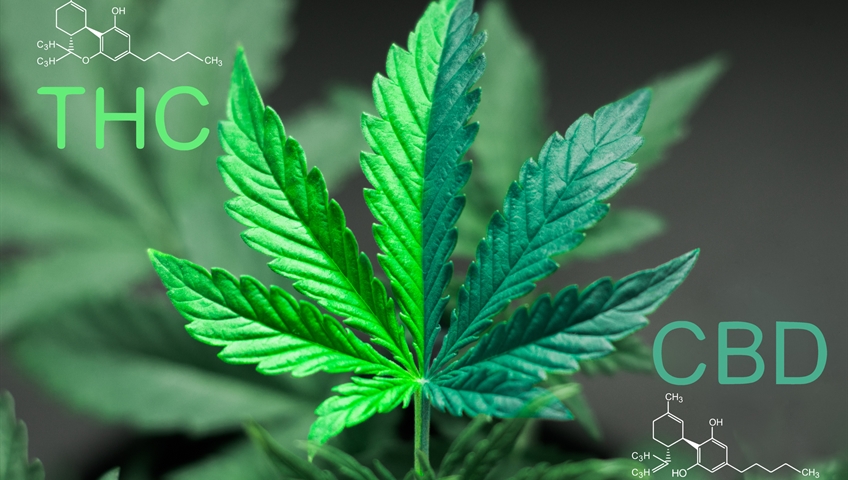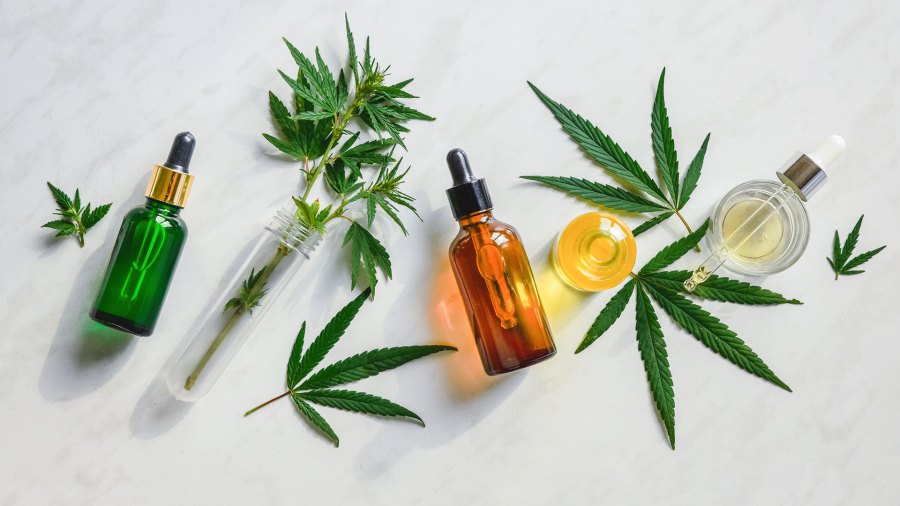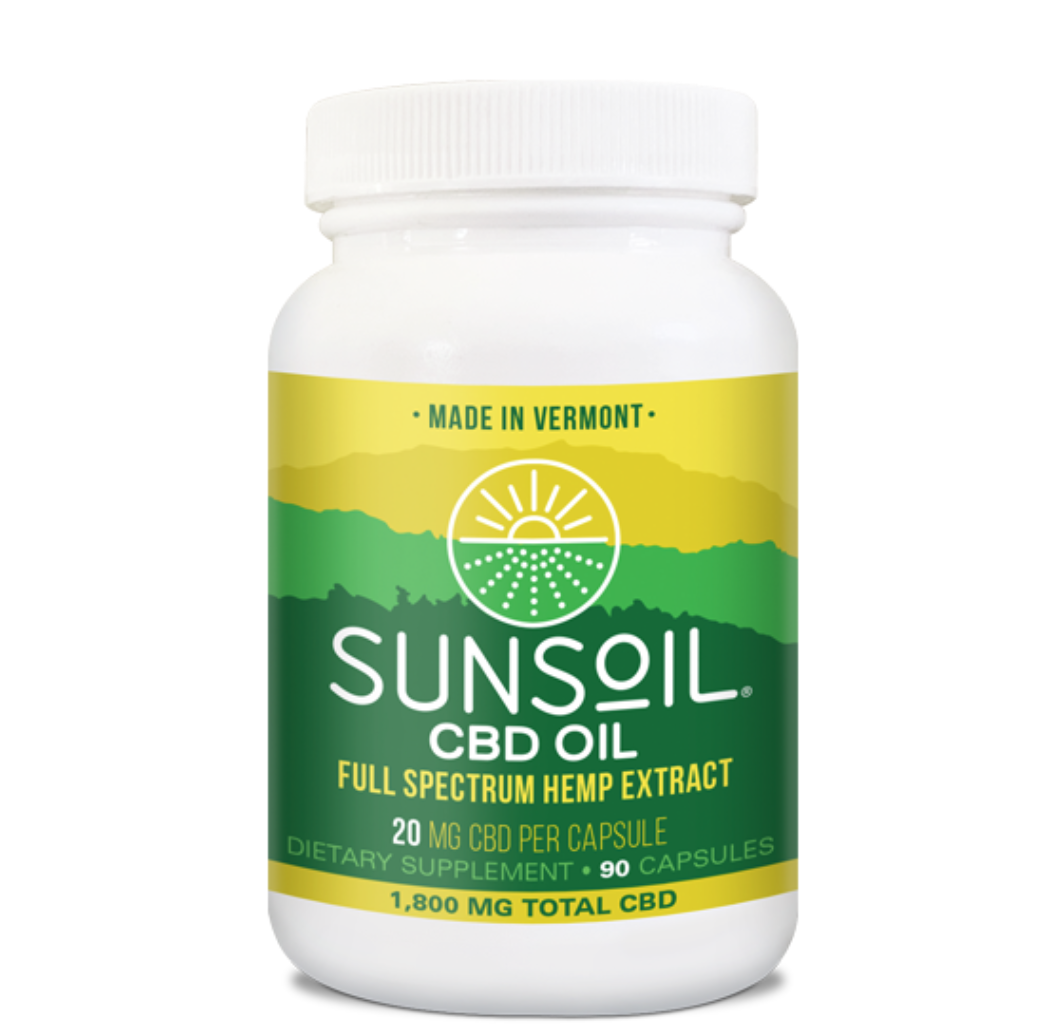
CBD can cause interactions with medications that you are taking. It can cause unwanted side effects and make CBD less effective. It's important to be aware of which medications CBD can interfere with and avoid using them when CBD is being used.
Drug Interactions CYP450
About 60% of the clinically prescribed medicines are broken down by CYP3A4 or CYP2C19. Some prescription medications can be metabolized only by CYP3A4, whereas some other CYP isoenzymes are used. It's important to let your doctor know what medications you are taking as well as the metabolic rate of each drug.
Antidepressants, Seizure Medication
CBD increases the blood levels in certain antidepressants. It may lead to an increase in side effects. By taking a low dosage of CBD or speaking to your doctor, you can reduce the risk.

NSAIDs (Anti-Inflammatory Medicines)
Many NSAIDs like ibuprofen are known to cause liver issues and stomach bleeding. This is because NSAIDs affect the liver and bile ducts, which help remove toxins and fat from the blood.
This is why CBD should not be used with NSAIDs. This can result in stomach bleeding and GI distress, as well as increasing your risk of developing liver and stomach carcinomas.
CBD may reduce the effectiveness of certain antidepressants or cause sedation and nausea. It is important to talk to your doctor about this before you start using CBD and any other antidepressant or sedative medicine.
Warfarin & Other Blood Thinners
In studies, CBD was shown to increase the risk for bleeding or complications when used in conjunction with a common blood thinner like warfarin. This drug is used to help prevent heart attacks, strokes, and other serious health problems. CBD has this effect due to its ability to slow down the metabolism of warfarin in the body. This drug can also be kept longer in the bloodstream.

Buprenorphine & Other Opioids
Some opioids like buprenorphine are metabolized by enzymes that also break down cannabinoids. The result is a dangerous interaction of these two substances. This can result in severe and often life-threatening side affects, such as respiratory discomfort or coma.
CBD may interact with opioids in those who abuse opioids and have a prior history of using opioids (such as heroin or prescription drugs). CBD can also affect the rate at which opioids are metabolized and absorbed in the body.
CBD can also affect the immune system, decreasing its function and increasing your risk of infection. Leflunomide, for example, can cause liver damage when it interacts with CBD.
FAQ
Is CBD investing a smart investment?
The answer depends on the question you are asking. They can be a great investment if it is money you are after. If however, you only want to invest in something that may help others, then no.
Is the CBD market saturated?
CBD is growing at a rate of more than 25% per year. This growth will continue at least five years. The industry is expected to grow from $2Billion today to $5Billion by 2020.
Two companies are currently dominating the CBD market - GW Pharmaceuticals & Canndoc Ltd. Both companies are focused in developing pharmaceutical-grade products. But they have not been particularly successful. Both are struggling in the marketplace to gain traction.
Cannabidiol (CBD), an extract from cannabis, contains less than 0.3% THC. It doesn't produce any psychoactive effects. It can be used to treat epilepsy or other medical conditions. It can also be used as a dietary supplement.
There are many varieties of CBD products. Some CBD products contain whole plant extracts. Others use CBD-rich cannabinoids.
These products share one common feature: they all contain low levels of THC.
These products are legal under US federal law. However, this doesn't mean that you don't need to follow local laws when selling CBD products. It is important to check the regulations in your state for CBD products.
In addition, there are several states where CBD products are illegal. These are California, Colorado. Florida. Mississippi. Missouri. New York. North Carolina. Ohio. Oklahoma. Oregon. Rhode Island. South Dakota. Texas. Utah. Virginia. Washington.
CBD products shouldn't be used if you live in any of these states.
Which conditions can CBD be used to treat?
A person's health is the most important aspect of any treatment. You must have a prescription from a doctor before you use cannabis oil as medicine. Without a prescription from a physician, it is illegal for you to use cannabis products.
You don't need a prescription if you use cannabis oil to support a healthy lifestyle. You should talk to your doctor to confirm that cannabis oil is safe to be taken.
The cannabis oil can be made from whole plant extracts (THC and CBN), or it can be isolated compounds called marijuanaoids (CBN and CBN). They are rich in cannabinoids (CBD), tetrahydrocannabinol(THC) and cannabinols (CBN).
These compounds interact with receptors throughout the body to produce effects such as pain relief, stress reduction and anti-inflammatory, antioxidant, and other properties.
Statistics
- however, one study also found that these effects were virtually abolished when the original media (a nutrient broth agar) was replaced with one containing 5% blood (increasing the minimum concentration to ~160 μM CBD) [179]. (ncbi.nlm.nih.gov)
- HR −16 mmHg; 95% CI −26, −6; I2 = 92%) (ncbi.nlm.nih.gov)
- While the primary injury may not be treatable, interventions that attenuate secondary sequelae are likely to be of benefit [203].Only one study (ncbi.nlm.nih.gov)
- As a substance that was federally illegal before the passage of the 2018 Farm Bill, hemp-derived cannabinoids with no more than 0.3% THC still face a regulatory grey area. (forbes.com)
- OralWhere HED is the human equivalent dose, and Km is a correction factor estimated by dividing the average body mass (BM) of the species (60, 0.020, and 0.150 kg for 11 humans, mice, and rats, respectively) and by its surface area (see: Nair et al. (ncbi.nlm.nih.gov)
External Links
How To
What are the main issues with the CBD industry.
The current market for CBD-based products is expanding at a phenomenal rate. But, businesses who want to enter this market still face numerous challenges. These include lack of consumer awareness and high costs of entry, limited capital access, and regulatory uncertainty.
Many people are not aware of what CBD is, or how it functions. They are unable to make an informed decision about buying CBD products.
CBD companies heavily rely on word-of-mouth advertising. This is expensive as they must pay advertising costs and to hire staff to market their brand.
The high production costs are another issue that new entrants to the CBD industry face. CBD products can be very costly because of the cost of the raw materials. CBD oil is made from hemp that has been grown in particular climates.
It takes approximately $1,000 per acre to grow enough hemp to process into CBD oil. Many small farmers are unable or unwilling to invest in this product.
Another challenge new entrants face in the CBD market is the lack of access to capital. Banks discourage many people from starting a business because of the stigma attached to this industry.
Final, there are regulatory uncertainties surrounding the sale CBD products. There are no established guidelines regarding the marketing of CBD products.
Despite some states having passed laws restricting the sale CBD products, this is not yet a national policy.
So far, only two states - Maine and Nevada - have legalized recreational marijuana.
Massachusetts and Michigan, however, are exploring similar options.
These changes could cause increased competition among CBD manufacturers.
These factors are why many entrepreneurs prefer to work from home than open a physical store.